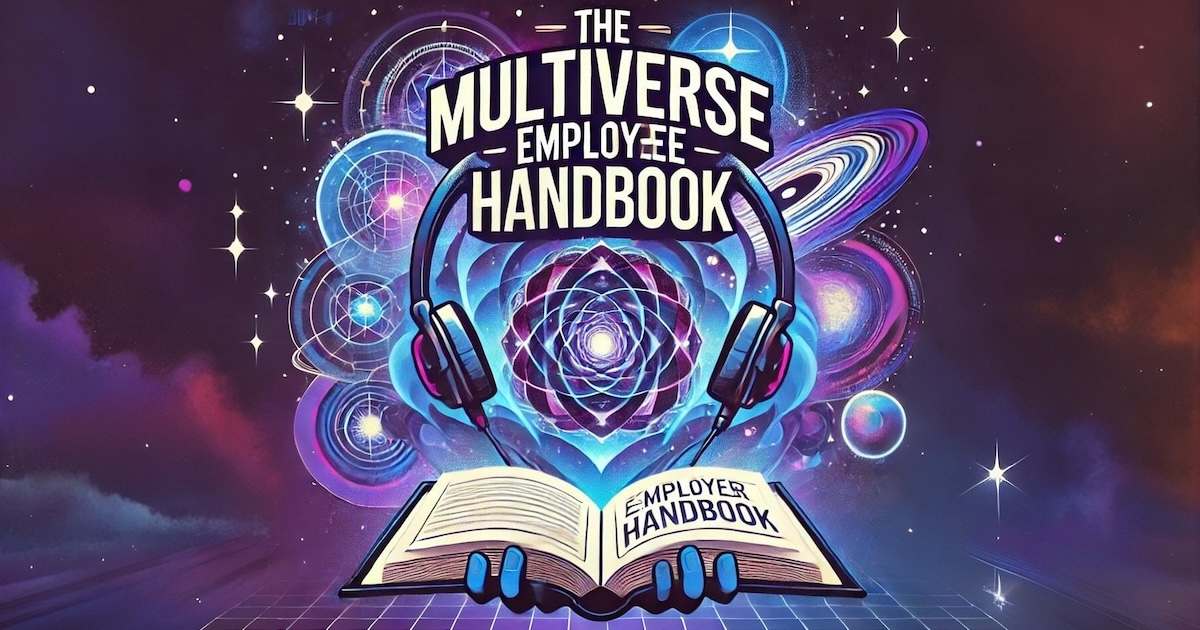Newton's Principia: 337 Years of Ordered Universe

In 1687, Isaac Newton published his groundbreaking *Principia Mathematica*, explaining the universe's workings, from falling apples to planetary orbits, providing a comprehensible model of the cosmos. Its publication was thanks to Edmund Halley's funding, preventing a significant setback for science. Newton's theories are still widely used today, from bridge building to space launches, ensuring our stable lives and preventing the kettle from floating into space.
Read more